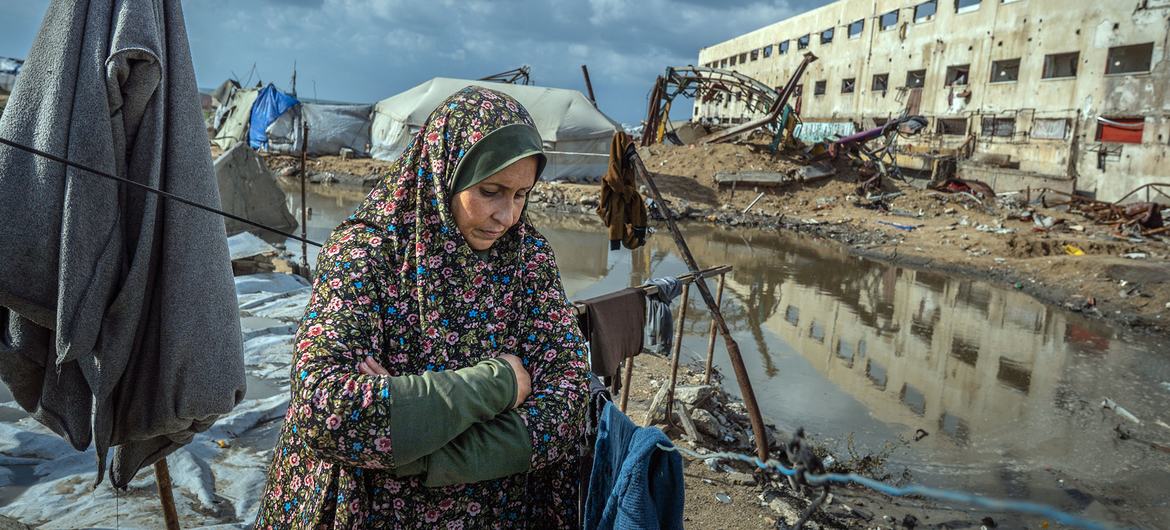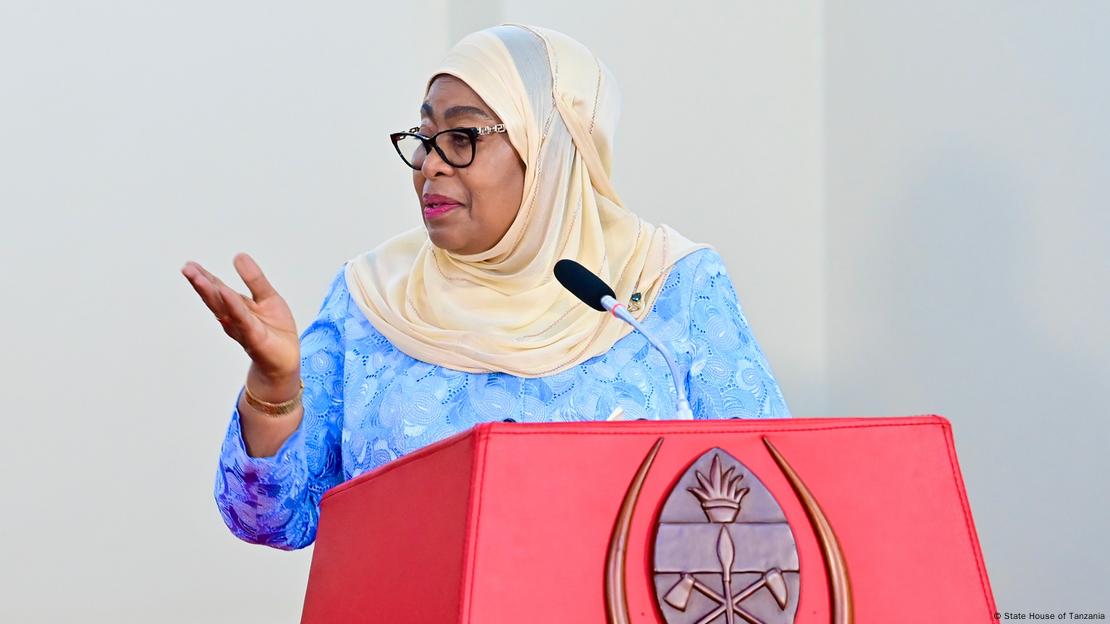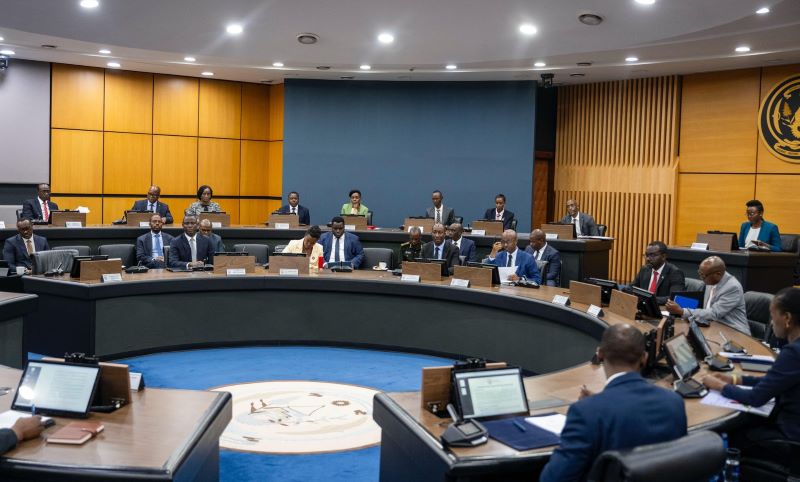ODM leaders, activists demand repeal of Cybercrimes Act over extrajudicial killings, disappearances
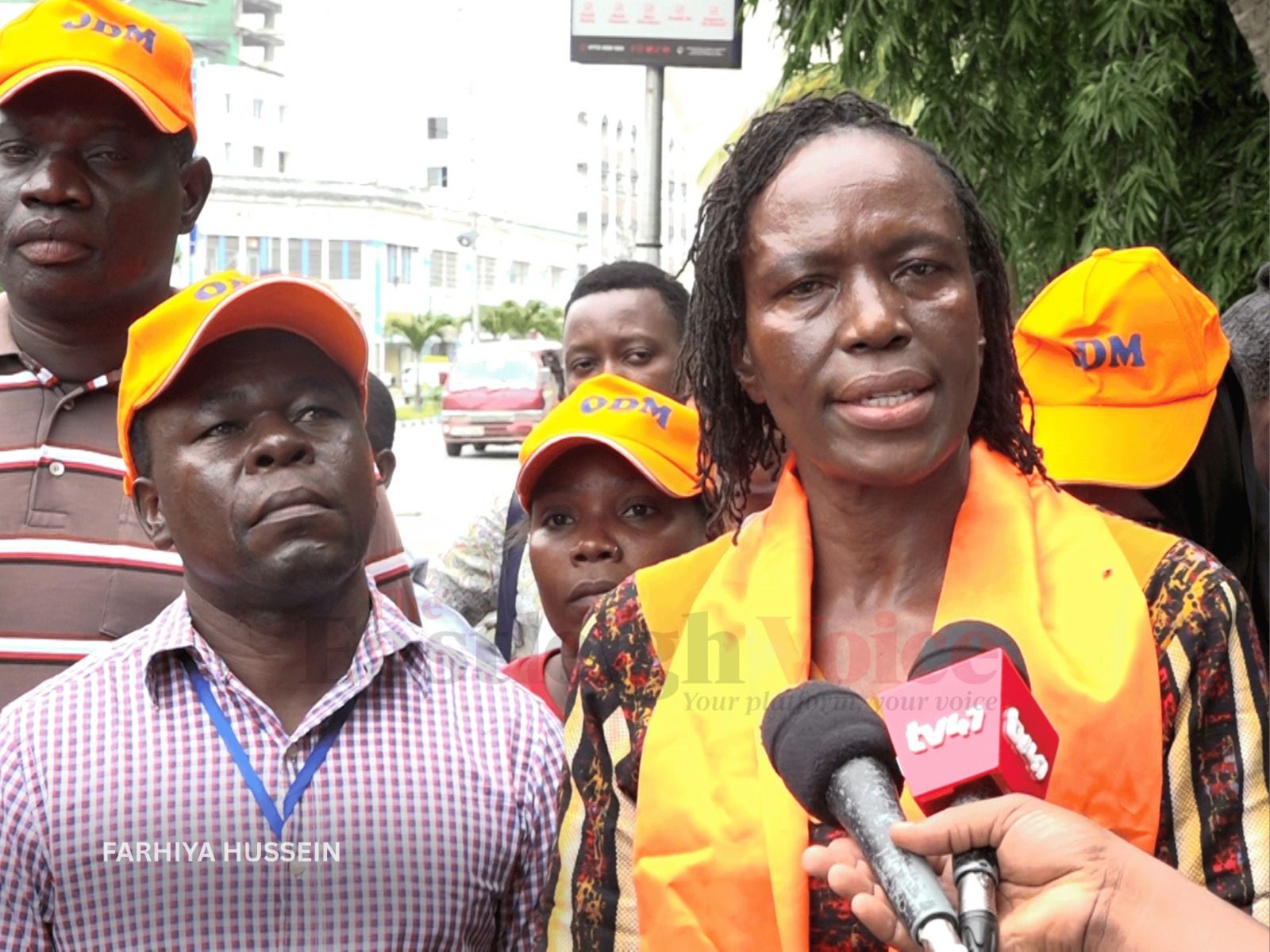
The leaders said the controversial law is linked to the disturbing rise in cases of harassment, arbitrary arrests, abductions, and deaths of content creators and bloggers.
A section of Orange Democratic Movement (ODM) leaders and activists in Mombasa are calling for the urgent repeal of the Computer Misuse and Cybercrimes Act, 2018, saying it is enabling systematic abuse, surveillance, and extrajudicial actions against the youth.
Led by ODM member Betty Sharon, the group linked the controversial law to the disturbing rise in cases of harassment, arbitrary arrests, abductions, and deaths of content creators and bloggers.
More To Read
- Saboti MP Caleb Amisi warns ODM may not survive 2027 after by-election struggles
- Harrison Kombe wins Magarini parliamentary seat with 17,909 votes
- MP Kaluma injured as bodyguard loses gun in Kasipul poll chaos
- Magarini by-election: ODM's Harrison Kombe raises alarm as agents barred from polling stations
- Why fight over ODM threatens party’s future, Odinga dynasty - analysts
- Gen Z protests in Kenya: Key facts (2024-2025)
The outcry follows the recent death of Albert Ojwang, a blogger and teacher, who died under mysterious circumstances at Central Police Station, Nairobi, after being arrested in Homa Bay.
Sharon faulted Parliament for what she termed as “passing oppressive laws with little consideration for their consequences”, adding that the cybercrime legislation had turned defamation, once a civil matter, into a criminal offence weaponised by authorities against dissenting voices.
“When lawmakers want to rush a bill that benefits them, it sails through without debate. But when citizens start dying as a result of these laws, the same legislators appear on television pretending to care. We will no longer accept these crocodile tears,” said Sharon.
She insisted that the Act has emboldened law enforcement officers to act with impunity, leading to widespread fear among young people expressing themselves online.
The group has also opposed the government’s recent move to allocate Sh100 million in the 2025/2026 national budget to the Directorate of Criminal Investigations (DCI) for the purchase of spyware technology.
According to the activists, such a move will only worsen the current climate of fear and deepen the erosion of digital freedoms.
“That money should be redirected towards youth empowerment or healthcare, not tools to monitor and punish innocent citizens,” she warned.
Youth leader Samson Okute echoed the sentiments, expressing concern over the frequency with which young Kenyans are dying under unclear circumstances involving police.
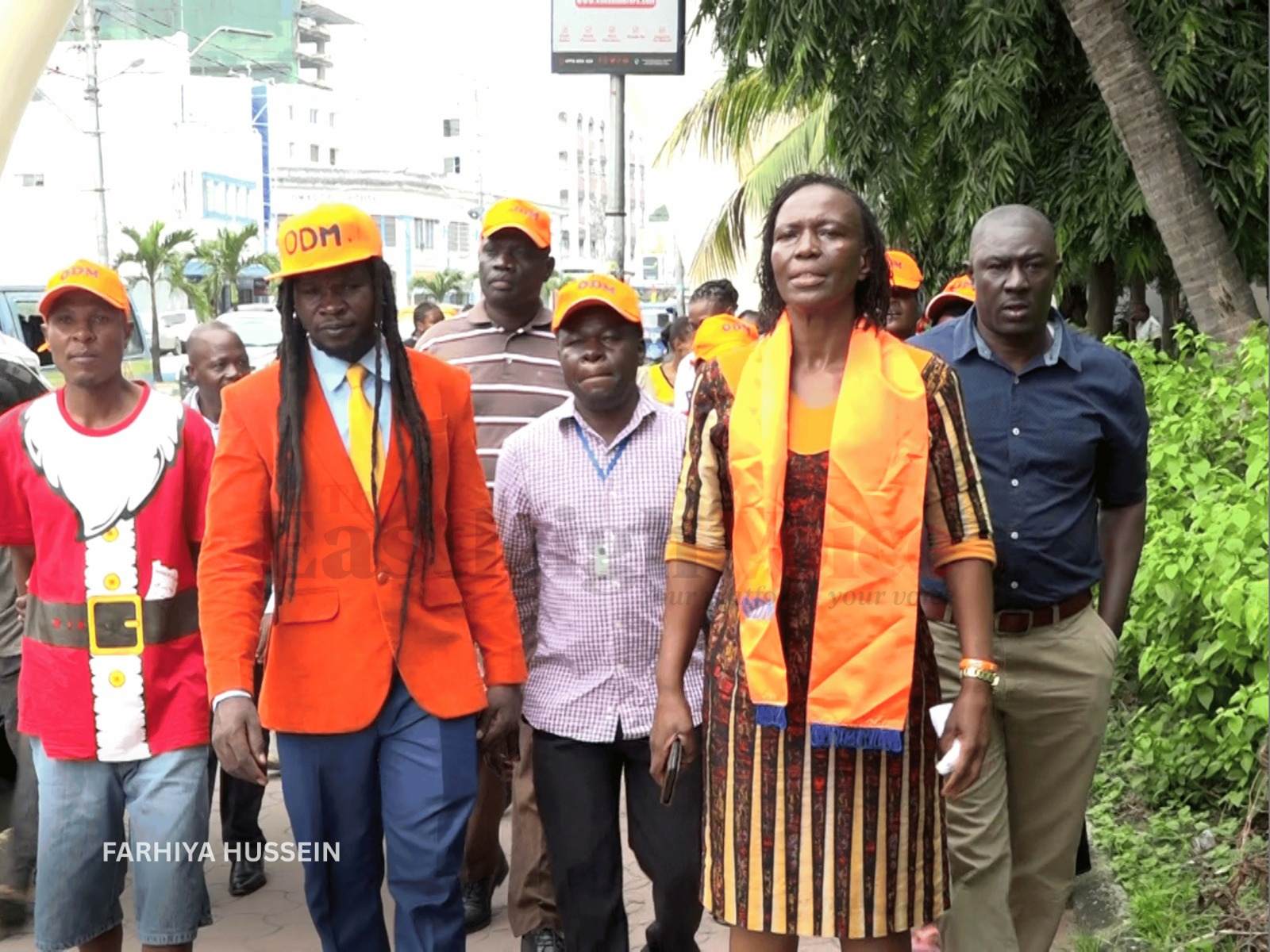 ODM leaders and activists address the press in Mombasa. They are calling for the repeal of the Computer Misuse and Cybercrimes Act, 2018. (Photo: Farhiya Hussein)
ODM leaders and activists address the press in Mombasa. They are calling for the repeal of the Computer Misuse and Cybercrimes Act, 2018. (Photo: Farhiya Hussein)
“It is unacceptable for the same officer who authorised the arrest to also oversee the probe into what happened. There must be accountability. We are tired of conducting funerals. Our youth deserve justice,” said Okute.
Oginga Randiki, another vocal figure within the group, criticised Members of Parliament for allegedly distancing themselves from the fallout of the very law they passed.
“The Computer Misuse and Cybercrimes Act has handed police the legal cover to silence and jail any young person who challenges authority online. We are not safe in our own country, and the lawmakers who enacted this law must now own up to its consequences,” said Randiki.
Activist Lenny Oguna called for swift government action to curb ongoing abductions and rising cases of gender-based violence, stating that the two issues have become deeply intertwined with state-led repression.
“Every day, young people are disappearing or being attacked simply for speaking up. It’s terrifying, and if the government won’t protect us, then who will?” posed Oguna.
Meanwhile, Raphael Wakaya lauded the local media for highlighting the plight of bloggers like Ojwang, who have reportedly been targeted for exposing sensitive issues online.
“We commend the press for their courage and objectivity. Without their coverage, many of these cases would go unnoticed,” said Wakaya, adding, “But our call today is clear: repeal the Cybercrimes Act and restore our right to speak freely.”
The activists have vowed to escalate their campaign through public forums, legal challenges, and demonstrations if Parliament fails to act on their demands.
They also urged civil society organisations, religious institutions, and international human rights bodies to join the push for reforms.
The Computer Misuse and Cybercrimes Act, passed in 2018, was initially intended to curb online fraud, cyberbullying, and digital crimes. However, critics say vague provisions within the law have been misused by authorities to intimidate government critics and restrict online freedoms.
Top Stories Today






